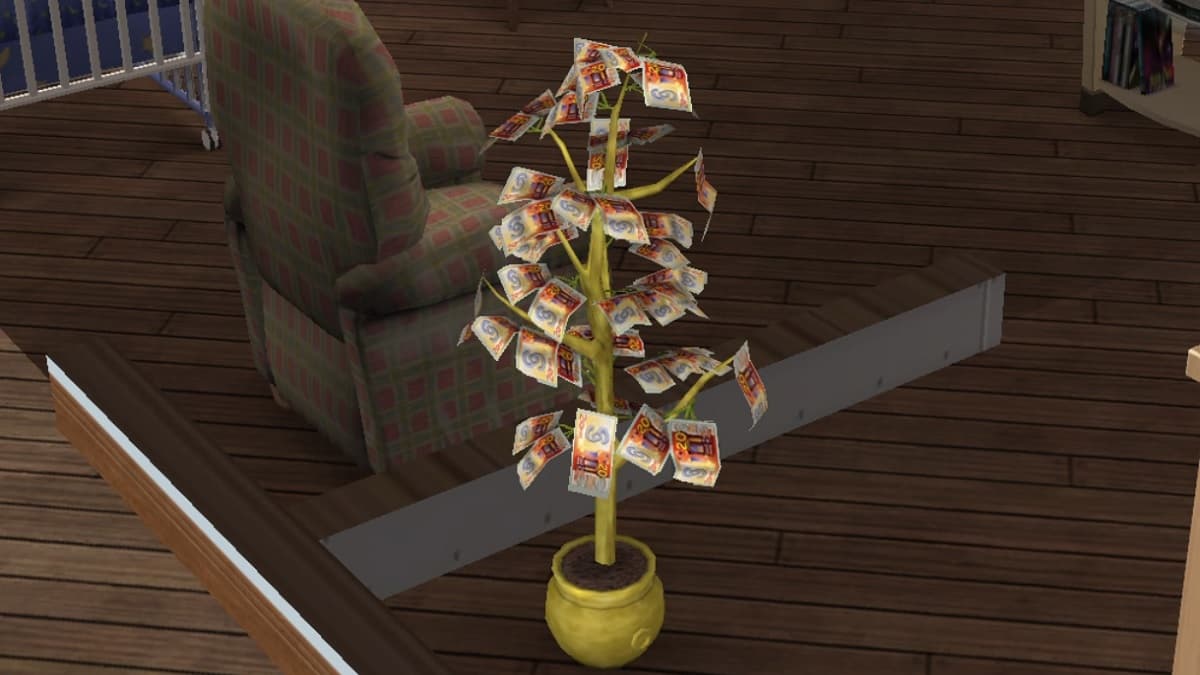For the first time over the course of the 11 year-old technology competition, Microsoft’s Imagine Cup is now officially open to entries from students as young as nine years old.
Younger students are being especially encouraged to produce work for the game design section of the competition with the aide of the free Kodu toolkit. Entries don’t specifically have to be made with the use of Kodu, but John Scott Tynes, manager of the Imagine Cup, explains to Polygon why the Kodu toolkit is especially useful for younger developers.
Kids learn a lot from games — from making games, from playing games and from using games in the classroom. So when I joined Imagine Cup in August, one of the first things I did was talk to the Kodu folks about how we could take the Imagine Cup to a whole new audience that could really benefit from what we were doing with Kodu.
The thing I like about Kodu and game creation is it’s an iterative process. You do a small thing, you test it, it works or it doesn’t work, you fix it, you do it again, you fix it, you do it again.
With the declining interest young people have in STEM fields, a simple environment for technology testing is a great resource for early education. It affords an error-proof environment that reacts exactly as the developer designs it to. Tynes hopes that the games produced for the Imagine Cup not only creatively help solve very real issues facing the world, but also encourage kids to fail intelligently.
What it means is you can fail and recover and continue very, very quickly and do so repeatedly. That’s how you build mastery. When you’re doing it in a fast iteration loop, you’re unafraid to fail because you do it all the time. And that’s fine. Failure is what teaches you what to do next.







Published: Mar 20, 2013 03:56 am